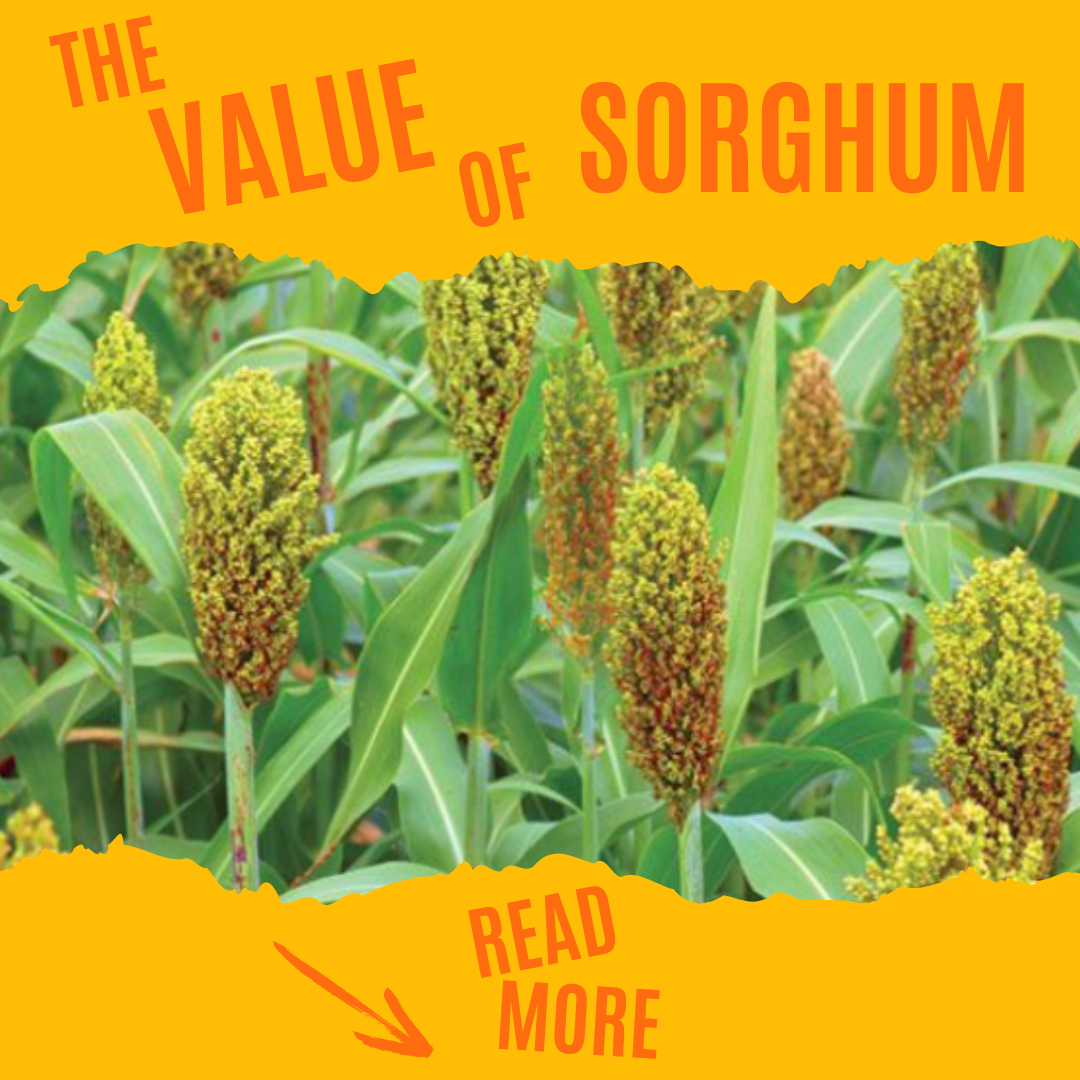The 5 Best Stress-Busters - Boundless Activated Snacking
Dealing With Stress
5 Stress Buster You Need Right Now
Stress Awareness Week runs from 2nd November to 6th November, and is probably more relevant than ever this year. 2020 has been described as the most stressful year on record – and you’re probably feeling that (I know we are).
Finding it harder than ever to relax and switch off? We’ve teamed up with our nutritionist Yasmin Alexander to bring you some tips to beat stress and feel more ‘you’.
Tip 1 - Get Out In Nature
“Forest bathing” – ever heard of it? Neither had we until recently! The term “shinrin-yoku” emerged from Japan in the 80s, translating as “taking in the forest atmosphere” or “forest bathing”. It’s purpose? To inspire people to reconnect with nature, and combat tech burnout. Whether interpreted as a fitness trend or mindfulness practise, it is now used by many across the globe as a stress reliever.
But is there any scientific backing? Well, yes! Research has shown that spending time in nature can significantly reduce levels of stress hormone cortisol within the body. We all know the wonders that exercise can do for our body and mind, but pairing this with stepping out of our tech-filled bubbles and embracing fresh air and greenery with it means your on to a winner. The benefits can be seen from simply standing within the forest and appreciating the nature and views!
Tip 2 - Run A Hot Bath
Ever noticed yourself clenching your jaw or grinding your teeth when stressed? This is because stress causes the muscles of the body to contract (i.e. tighten). Running yourself a hot bath can help relieve those symptoms and loosen your muscles, not to mention bring you another moments peace on a stressful day.
If you can, adding some Epsom (magnesium) salts to the bath water can enhance the relaxation benefits even further. Magnesium is a mineral that is required by the body to perform over 300 different functions, especially during times of extra stress or pressure – leaving less available for calming down the nervous system. Magnesium can be absorbed through the skin, so by bathing in the salts for about 20 minutes, this can really support magnesium levels. (Plus they often smell like a spa so, you know, win win).
Tip 3 - Start A Morning Routine
Building a morning (or even evening) routine into your day can bring a sense of calm and rest in an otherwise hectic time. No – we don’t mean you need to start practising headstands whilst sipping a matcha latte at 5am every morning (although if that’s your thing then go for it!). Everyone will find something that works for them, it’s just about setting some time aside every day for yourself, doing things that make you happy.
For instance, it could be making your bed every morning so that it looks pretty when you leave the “office” (/ kitchen table) after work. Or, it could be making yourself a hot chocolate and watching your fave TV show every night in the bath. This is your time, so fill it with things that bring you joy.
A simple and effective act to build into your routine is journaling – more specifically a journal of gratitude. This may sound crazy intimidating, but all it involves is writing 3 things you are grateful for every morning and evening. You could also acknowledge 3 positive things that have occurred during the day, too, however big or small. The key here is for gratitude to be the emotion you express first thing in the morning and last thing at night- even if it’s been a bit of a rubbish day. Try and ensure your first and last thoughts of each day are positive and calming, and you’ll notice the stress busting benefits pretty quickly.
Tip 4 - Yoga
So many scientific studies have shown that performing yoga can significantly reduce stress hormone levels within the body. With a million and one (not literally, but also not far off) types and styles of yoga, it’s almost guaranteed you will be able to find one that suits your age / height / flexibility level / time schedule etc.
Yoga may seem an intimidating one at first – all super bendy women with their legs wrapped round their heads whilst doing the splits – but it’s not about that at all. The word “yoga” is derived from the Sanskrit “root yuj”, meaning to yoke or to unite. The practice’s aim is to create union between mind, body and spirit. AKA find that moment of inner peace, away from the stress and chaos of your life.
A few types you may be interested in if you’re…
Bendy af- Ashtanga is pretty energetic, and if you manage the Om Pose you’re a certified legend.
Super fit- Vinyasa yoga will keep you on your toes (quite literally). It’s probably for the slightly more advanced, but is a laugh to give it a go even if you’re not!
Into mindfulness- Savasana (literally means corpse pose, and trust us when we say you couldn’t feel more relaxed after if you tried).
A total beginner (like us)- Youtube YogaWithAdriene and thank us later. God we love that woman!
(This is also a pretty perfect time to tell you that across November we’ll be running a mini yoga series on our insta. If you don’t follow us already, 1) we’re a bit insulted, but 2) our handle is @eatboundless. *PSA* - it’ll be completely accessible and totally beginner friendly, plus an IGTV so you can take your time & have a go at your own pace – we know you’ll smash it!)
Tip 5 – Breathe
Sounds a bit odd because we breathe all the time, but when was the last time you actually focused on your breath? Noticed the patterns, rhythm changes, how deeply you inhale? Really focusing on our breathing is another great way to reduce stress levels.
If you’re into mindfulness & meditation then you may be great at this already, but that’s probably a small percent of the population. Most of us are pretty unaware of our breath, even though it’s a great way to regulate our emotions when in a panic.
One technique is called 3,4,5 breathing – and it’s as easy as that. Breathe in for 3 seconds, hold the breath for 4 seconds, breathe out for 5 seconds. This style of breathing can help the body switch from a state of stress to a state of calm, known as the rest and digest side of the nervous system. For those of you who suffer from panic attacks or anxiety, it can be a really helpful tool to destress anywhere and at any time. It’s also a great technique to try before bed, if you’re not into counting sheep. Focusing on your breath detracts from worrying about the workday ahead or looming deadline, as it’s pretty difficult for your thoughts to run wild with it.
Stay safe, look after yourselves & let us know if you try any of the tips!
Team Boundless x
---
References: Park, B.J., Tsunetsugu, Y., Kasetani, T., Kagawa, T. and Miyazaki, Y., 2010. The physiological effects of Shinrin-yoku (taking in the forest atmosphere or forest bathing): evidence from field experiments in 24 forests across Japan. Environmental health and preventive medicine, 15(1), p.18.




Leave a comment